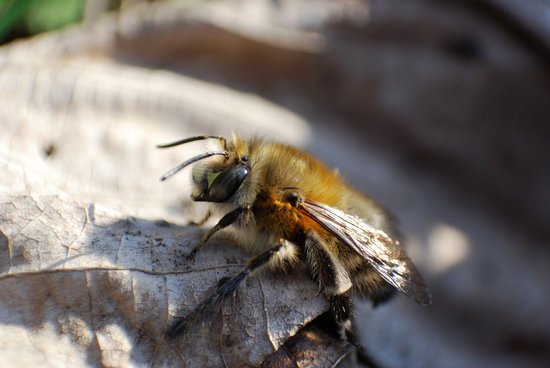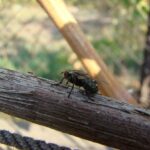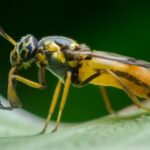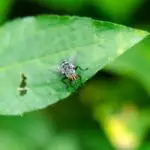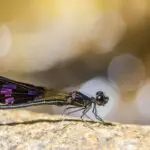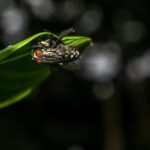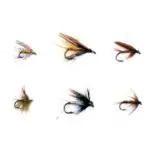How Do Flies Damage Plants?
When you have houseplants, it’s important to keep them free of flies. While some kinds of flies are beneficial to your plants, others are harmful. Fruit flies, for example, feed on rotting organic material. Fortunately, getting rid of fruit flies is easy without harmful chemicals.
Sucking mouthpart pests like thrips eat portions of plants and can cause discoloration and death. Larger dark spots on leaves and twisted young stems are signs that these pests are causing trouble. They may also leave behind black sooty molds on their honeydew deposits.
Insecticidal soap is effective against these pests, but not all plants are susceptible to it. Some species, such as ornamental ivy, maidenhair fern, dieffenbachia, schefflera, and crown of thorns, are sensitive to insecticides. Follow label instructions when spraying your houseplants.
Flies can be very small and do not pose a significant threat to plants, but there are many different types of flies that can affect your garden. One of the most common types is the whitefly. These tiny, 1/16-inch-long pests can damage your plants by discoloring leaves and depositing honeydew. These flies can be a nuisance, especially when they are numerous. The best way to deal with them is to limit the water they get.
If you find fruit flies on your plants, you can use fruit fly traps. You can also use vinegar and cider traps. For these, you should mix equal parts of vinegar and cider and place the trap near the affected plant. These pests will be attracted to the mixture and drown in it.
